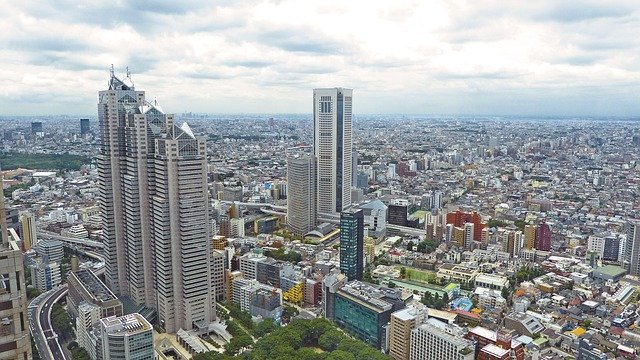A key point in the history of the Japanese economy was the abolition of the Japanese post office, which was seen as a signal of a shift away from customer-oriented, on the contrary, towards a more transparent government, and a significant strengthening of the private sector and competitiveness. Japan is now3.The largest economy in terms of international trade.
Characteristic features:
– Modern (Western) market economy
-Adherence to traditional values
-moderation, diligence, discipline
– respect for the authorities
-Education, high level of education and skilled labor force
-National pride
– High share of science and research, with the largest number of workers in the world, Japan ranks among innovative and technological leaders
Japan\’s problemsPopulation aging. It is the fastest aging of all modern economies, and this is mainly due to the fact that the Japanese are very hardworking, do not have time for personal life, it is difficult to find a partner and do not want to have children. Another problem is the government of Japandebt, which is 117%, the 2nd largest figure after Greece.
In Japan,there is also high deflation, prices are low and do not rise due to a very competitive market. The development here is very fast, so there is little difference between the novelty and the old product.
The 2011 earthquake with a powerful tsunamicrashed the Fukushima nuclear power plant and had a very negative impact on the Japanese economy. It was the worst disaster since 2.World War II and many people died here, others lost their roofs on their heads. Japan, fearing another earthquake, shut down 54 reactors, leaving only 1 remaining, leading to a return to traditional sources. But Japan does not have these resources, so energy prices are rising. Australia is Japan\’s largest importer.
Attraction for foreign investors
– Modern technological background
– Advanced infrastructure
– Protection of intellectual property
-Wealthy consumers